Interactive
Interactive services include Integrations and Custom Applications, Mobile Interactive and Web Interactive.
Integrations and Custom Applications
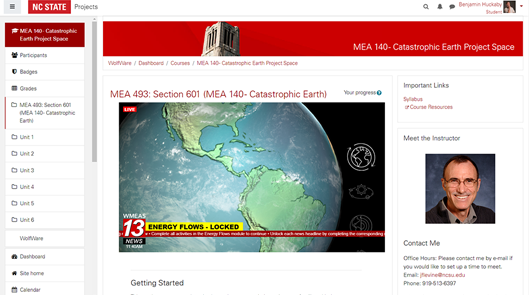
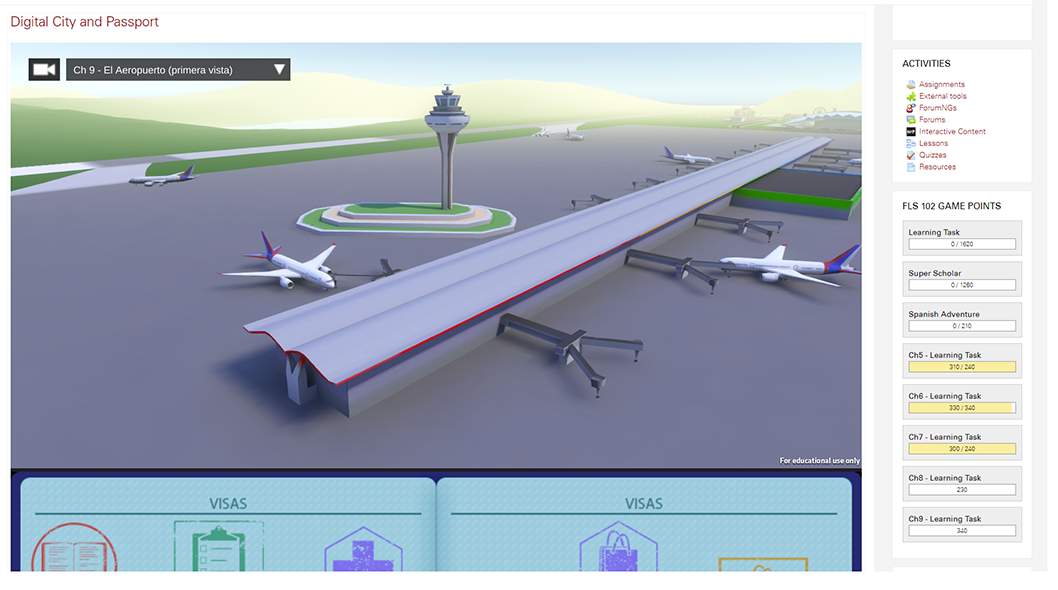
The two images above are examples of custom application development that help streamline the delivery of instructional media.
DELTA’s Applications Development team supports instructional media production in the creation of custom applications and programs. Often, these solutions involve creating a common framework that can be applied in several ways to a variety of challenges, serving many people at once. Automations and integrations can streamline the delivery of instructional media and the way students interact with it. They are designed to help applications run smoothly, minimize disruptions to the user experience and to be sustainable over time.
Examples of DELTA integrations and custom applications include:
Mobile Interactive
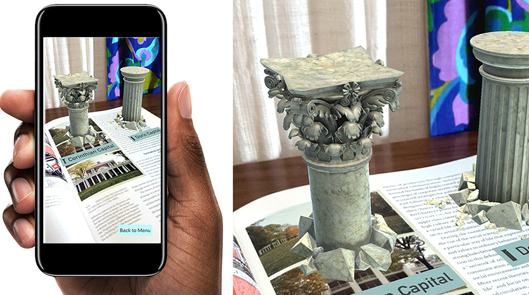
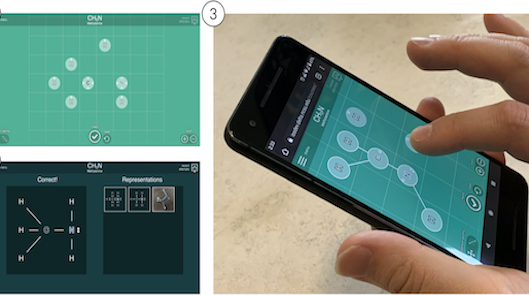
The images above are examples of mobile applications. The photo on the left shows an app designed with augmented reality to enhance and add information to the textbook. The photo on the right is used in an organic chemistry lab to break down components of atoms.
Mobile applications are interactive multimedia for the Apple or Android operating systems. They are usually more powerful than web applications and tend to focus on solving a particular challenge very well. Mobile applications give access to a large bandwidth of media with features that require more capable hardware or aren’t available on the web. Students can easily transport mobile applications on their phones and add context based on location, such as in a lab or in the field, with GPS and augmented reality features. In addition to increased student access and distribution, mobile applications offer different modes of interaction, such as touch controls and haptics, attention-keeping features and reliable hardware.
Examples of DELTA mobile applications include:
- CH 220: Building Bonds with Interactive Lewis Structures
- CH 224: Increasing Organic Chemistry Representational Competence and Reinforcing
- NMR Concepts Through Augmented Reality
- Enhancing the Standard Textbook in GD 303 with Augmented Reality App
Web Interactive
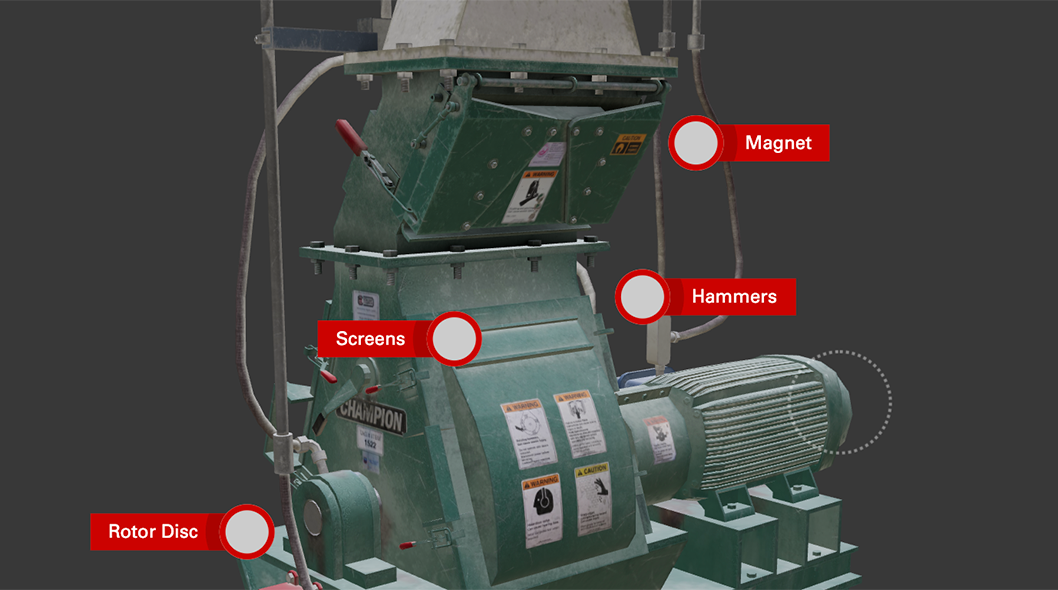

The two images above are examples of interactive web applications created for DELTA Grants projects. The examples are custom web experiences that allowed students to interact with specific subject matter in order to provide a more engaging and informative learning experience.
Web applications are a great option when you need a technical solution to an instructional challenge but enterprise applications and existing tools are not the right fit. Interactive web experiences are usually custom applications, but many can be applied to multiple courses. They often have a low barrier of entry and can be accessed from a number of different devices. Instructors can quickly direct students to engage with specifically selected content, and students can interact with the application and submit a variety of assignments and responses. Most web apps can be integrated with other technologies.
Examples of DELTA web applications include:
- TMS 211: Crafting a Virtual Microscope for Online and Blended Courses
- Piano+: Interactive Piano Method Book
- FM 425/525: Decision Tree for Model Feed Mill Development
Immersive Media
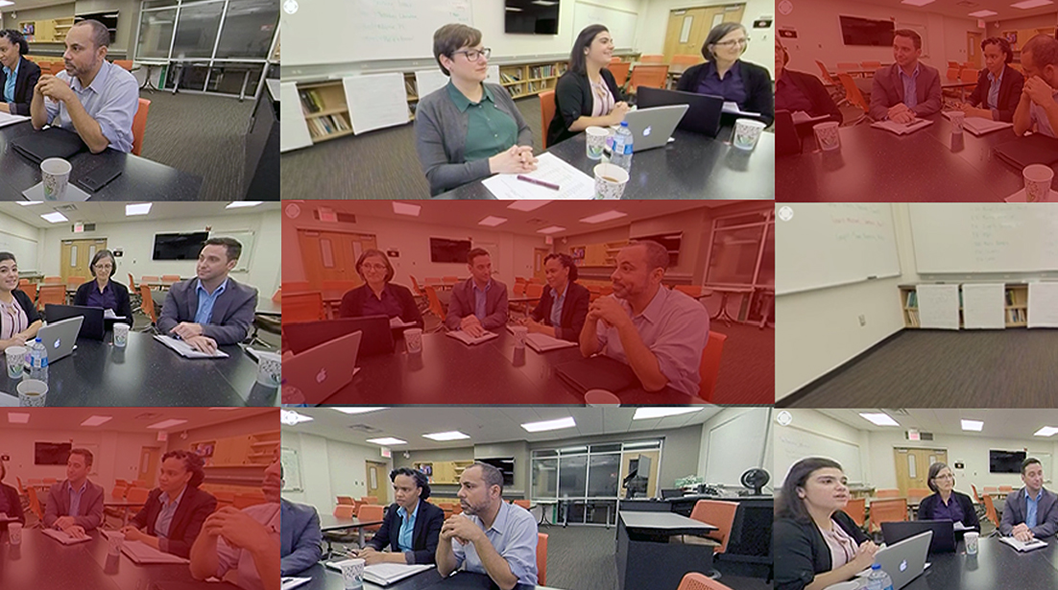
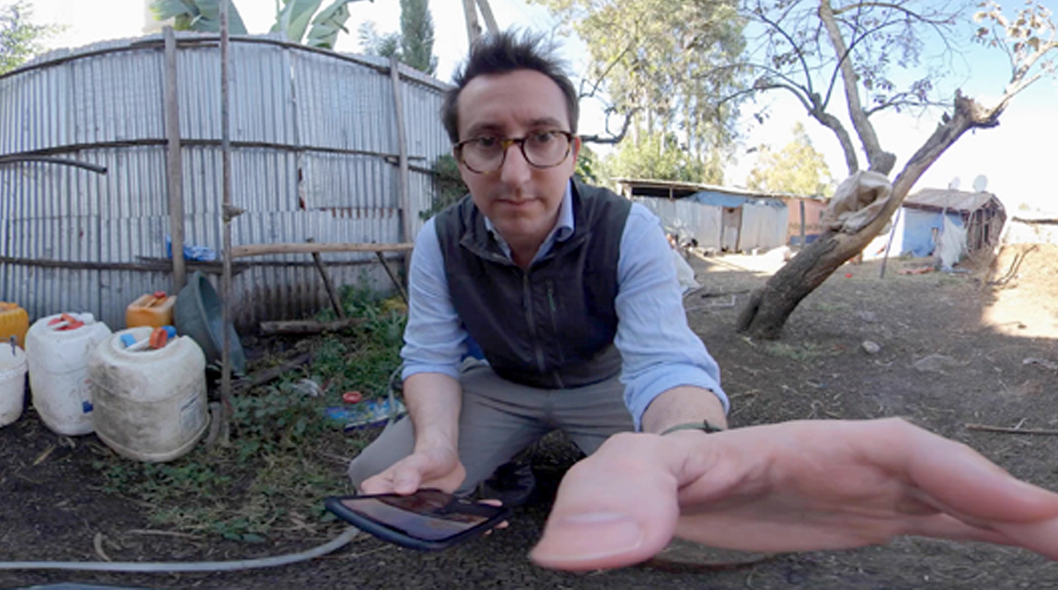
The two images above are examples of applying Immersive Media technology. Creating immersive environments allow students to learn new perspectives through 360° video, such as working and learning in an office, lab, or outdoor environment.
Virtual, Augmented and Mixed Reality describes a broad spectrum or continuum of technologies that allows users to interact with a digital or artificial environment. Immersive media can be used to further enhance field trips, capturing lab-based experiences, building awareness of an environment or situation or even transporting students to a 3D interactive virtual environment. DELTA has expertise in producing interactive 360-video experiences, full 3D environments, augmented reality applications and other forms of innovative immersive educational applications.
Examples of DELTA immersive media include:
- PRT 458: Virtual Reality Training Application for Special Event Planning
- VMP 991-162: Virtual Reality – Milk Production and Distribution in Ethiopia
- ECI 416: Designing an Individualized Education Program Meeting in a Virtual Reality Setting
Want to see more examples about the DELTA Interactive Services we offer?
Click below to see more examples of the graphic, video and interactive services we’ve provided to help enhance projects related to DELTA Grants as well as instructional consultations.
Looking for other Related Media Services?
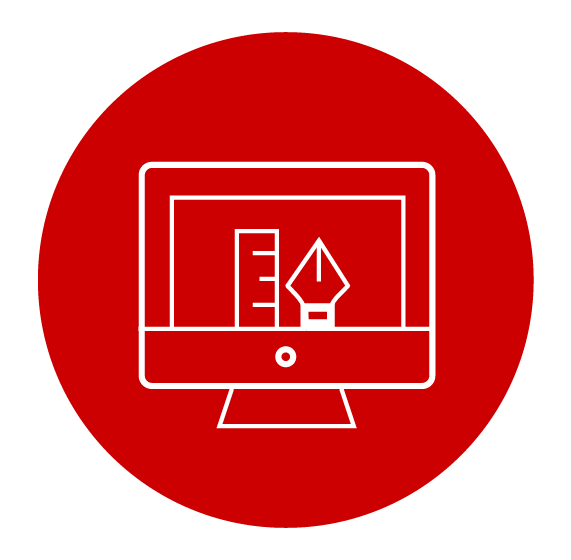
Graphics
DELTA uses graphics, illustration, motion graphics and photography to convey complex information in an accessible, visually pleasing format.
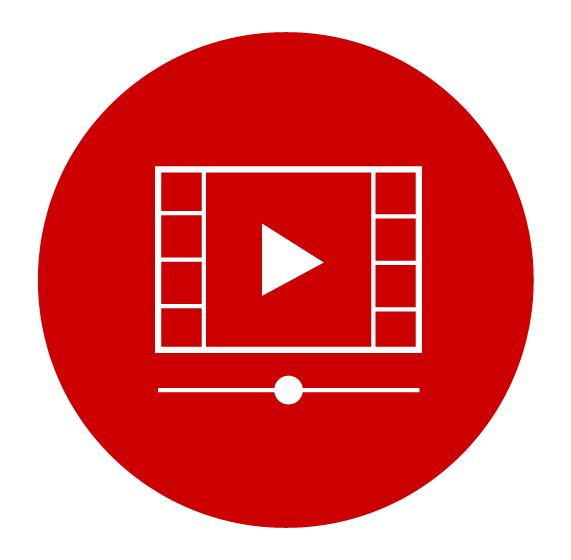
Video
Video services include producing, directing, writing, cinematography, audio production, lighting, coloring, post-production, remote live capture and streaming.
Reach Out to LearnTech
LearnTech is the answer source for all questions about NC State’s learning technologies. If you would like to consult with LearnTech about your project in order to gain more direction as to where to go, you can reach out to LearnTech by clicking on the following link.